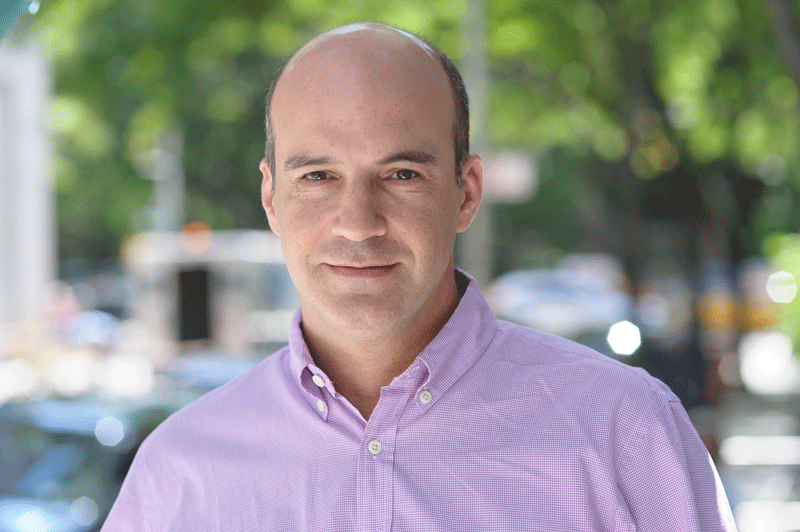Guest Post by Peter Bach: Lung Cancer Awareness Month Brings a Long-Awaited Nod to Lung Cancer Screening
Guest post by Peter Bach, MD, MAPP, Director of Memorial Sloan Kettering’s Center for Health Policy and Outcomes.
Every November is lung cancer awareness month, but this November is on track to being a pretty special one. Lung cancer physicians and public health professionals breathed a collective sigh of relief when Medicare gave a positive nod to lung cancer screening, but did so in a cautious and thoughtful way that put patients, not providers, at the center. The long awaited preliminary determination came on the heels of some very cautious reviews of lung screening overall, both from Medicare’s own advisers on their expert panel, and some notable public health experts. What Medicare has done is to conclude that screening could proceed in centers with adequate capabilities – those that are like the centers where the key randomized study was conducted. Additional safeguards would include ongoing data collection on the outcomes of screening, such as how often there are false positives, and what kind of work-ups they trigger. Likewise, radiologic parameters for screening would be rigorously defined, and resources for patients to help them stop smoking would be paramount. None of this is particularly surprising – all the data point to the need for these standards to ensure an acceptable balance of possible risks and benefits. Medicare also limited screening to the group in which there is a documented benefit – individuals 55 to 74 with 30 pack years of smoking or more, and for former smokers only those who have quit within 15 years. They eschewed the recommendations of the United States Preventative Task Force (USPSTF) to screen up until 80, presumably because these recommendations had no primary data supporting them.
The most important parameter in the proposed decision, though, is Medicare’s requirement that people being screened first consider the possible risks and benefits for them in a process termed ‘shared decision making’. This is new ground for Medicare. But not for cancer screening. Every major guideline for lung cancer screening proposes that individuals make their own informed decisions about screening, given its tradeoffs. In the National Cancer Institute’s National Lung Screening Trial (NLST), the chance that someone had a false positive from screening was about 100 times the chance they would benefit from it by having their lung cancer death prevented. People could also be harmed from the work-up of those false positives. For every 8 lung cancer deaths prevented in the NLST through screening, there was one fatal complication of a work-up of a false positive. This means that reasonable people could conclude that screening is right for them, or conclude it is not. Which is why giving each high risk smoker a chance to weigh the approach in the context of their own values makes sense.
Medicare has yet to define the parameters of a high quality shared decision making process. They will have to do so, or designate organizations that can for them. At a minimum, quantitative estimates such as those above will be needed, as will clear and plain language descriptions of the screening process, and a heavy emphasis on the fact that screening is not a substitute for smoking cessation. The opposite, in fact, smoking cessation is far more beneficial than screening.
Shared decision making tools are in development. A video based tool is under development at MD Anderson Cancer Center. We have a tool at Memorial Sloan Kettering Cancer Center that allows individuals to input their own risk factors for lung cancer and receive a quantitative estimate of their chance of benefiting from screening. The Veterans Administration has developed some very useful decision aids too.
Guest post by Peter Bach, MD, MAPP, Director of Memorial Sloan Kettering’s Center for Health Policy and Outcomes. Dr. Bach is a physician, epidemiologist, writer, and recognized expert in healthcare policy whose work has been regularly featured in major scientific and lay press outlets such as the New England Journal of Medicine, Journal of the American Medical Association, and The New York Times. Dr. Bach was recently a featured presenter for the National Coalition for Cancer Survivorship’s inaugural “Current Issues in Cancer Care” webinar. The views & opinions expressed in any guest post featured on our site are those of the guest author and do not necessarily reflect the opinions & views of the National Coalition for Cancer Survivorship. Read our blog and comment policies here.





